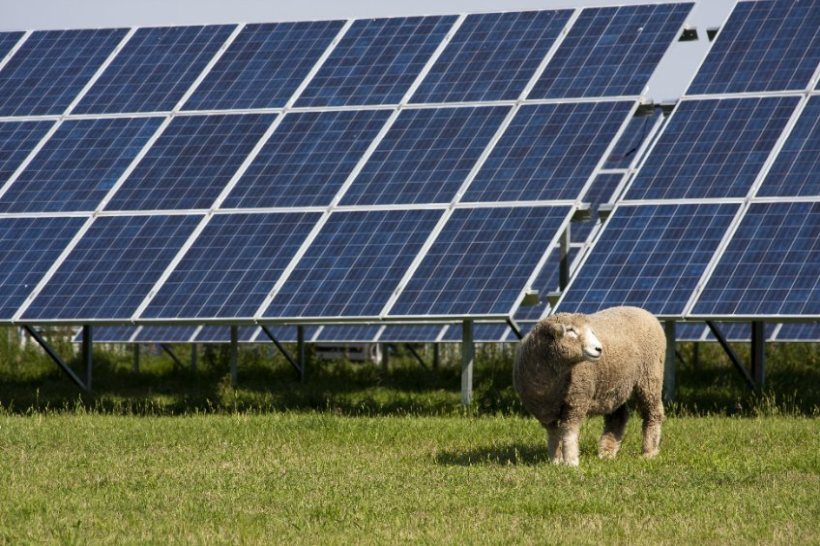
British farmers’ income from diversification enterprises has risen to 13% of turnover in 2023, new research from NFU Mutual reveals.
The 1% rise from 2022’s survey shows a continuing trend of farmers diversifying outside traditional agricultural activities to secure extra income as the Basic Payment Scheme (BPS) support is phased out.
Across the UK, the rural insurer’s annual diversification survey shows that 34% of farmers now run a diversified business, up 6% since 2018.
English farmers have the highest proportion of diversification enterprises at 41%, followed by 38% of Welsh farmers and 27% of Scottish farmers.
Only 15% of Northern Ireland farmers surveyed run diversification scheme.
Renewable energy is the most popular diversification, with 6% of UK farmers operating schemes such as solar power, wind turbines or anaerobic digesters.
Property letting and providing holiday accommodation come in joint second place at 5% each, followed by livery/equestrian businesses and caravan/camping, (both 4%) and farm shops at 3%.
The survey also found the number of existing farms undertaking agricultural contracting was up 7% to 22%, with farmers looking to capitalise on their machinery and equipment.
The impact of higher interest rates and the cost of living crisis was reflected in a three-fold jump in the percentage of farmers already running diversifications who expected the income they produced would fall over the next five years.
The tough economic climate may also be responsible for a slight fall in the percentage of farmers considering a diversification scheme – down 1% to 15%.
However, many farmers remain confident in the sustainability of their diversifications, with 37% (the same percentage as in 2022) expecting returns to increase over the next five years.
Chris Walsh, NFU Mutual Farm Specialist, said diversification was seen as increasingly essential to keep a decent income flowing with high input costs seriously affecting profitability.
He said: “Farmers are putting great businesses in place which will help protect the long-term future of their farms.
"Many are also providing jobs, both for members of farming families and for local people as well, enabling the public to enjoy new aspects of our fantastic countryside – a win-win.
“There are some fantastic success stories out there, and we’ve showcased a range in our Diversification Hub to give other farmers ideas of what they could do on their land."
However, he added: “Higher interest rates, rising prices and labour shortages make it more important than ever for farmers to cost any planned scheme in minute detail before taking the plunge and going ahead.
“Given the challenges facing businesses in every sector, caution is prudent in the current economic climate."
